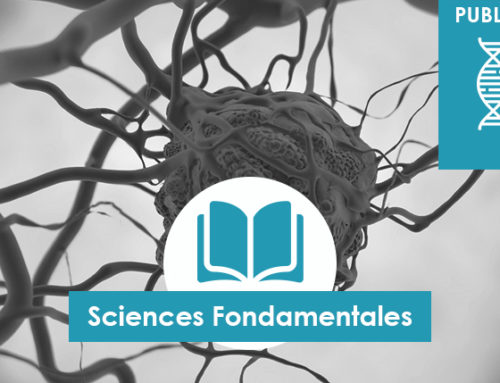Outcome of 449 adult patients with rhabdomyosarcoma: an observational ambispective nationwide study.
Cancer medicine, Aug 2018
Bompas E, Campion L, Italiano A, Le Cesne A, Chevreau C, Isambert N, Toulmonde M, Mir O, Ray-Coquard I, Piperno-Neumann S, Saada-Bouzid E, Rios M, Kurtz JE, Delcambre C, Dubray-Longeras P, Duffaud F, Karanian M, Le Loarer F, Soulié P, Penel N, Blay JY.
doi: 10.1002/cam4.1374
https://www.ncbi.nlm.nih.gov/pubmed/?term=10.1002%2Fcam4.1374
Abstract
Five-year overall survival (OS) of localized RMS exceeds 70% in children (<18) but is very poor in adult patients. We analyzed the outcome and prognostic factors (PF) of a national series of adult patients with RMS in a large study. The study population consisted of two different cohorts: a retrospective cohort (157 adult patients treated in 13 reference centers between 05/1981 and 02/2010) and the prospective cohort (292 patients with RMS diagnosed and treated between 01/2010 and 12/2014 in France) included in the NetSarc database. A descriptive analysis of patients’ characteristics and prognostic factors was conducted on both series which were compared. In the retrospective series, histological subtypes were embryonal (E-RMS) for 21% of patients, alveolar (A-RMS) for 35% of patients, and “adult-type” P-RMS (pleomorphic, spindle cell RMS, not otherwise specified) (P) for 44% patients. This distribution significantly differed in the prospective cohort: A-RMS: 18%; E-RMS: 17%; and P-RMS 65%. With a median follow-up of 8.5 years, 5-year OS for localized RMS and advanced RMS (with nodes and/or metastases) was 43% and 5%, respectively, (P < 0.0001), and median OS was 51, 33, and 16 months for E-RMS, A-RMS, and P-RMS, respectively, in the retrospective cohort. The median OS was less than 40 months for the prospective nationwide cohort for the entire population. In a multivariate analysis of the retrospective study, independent prognostic factors for OS were A-RMS, R0 resection, and adjuvant radiotherapy (RT). For localized RMS, age and use of pediatric chemotherapy (CT) regimen are independent prognostic factors. Adult patients with RMS have a poorer overall survival than pediatric patients, and survival varies considerably across histological subtypes




